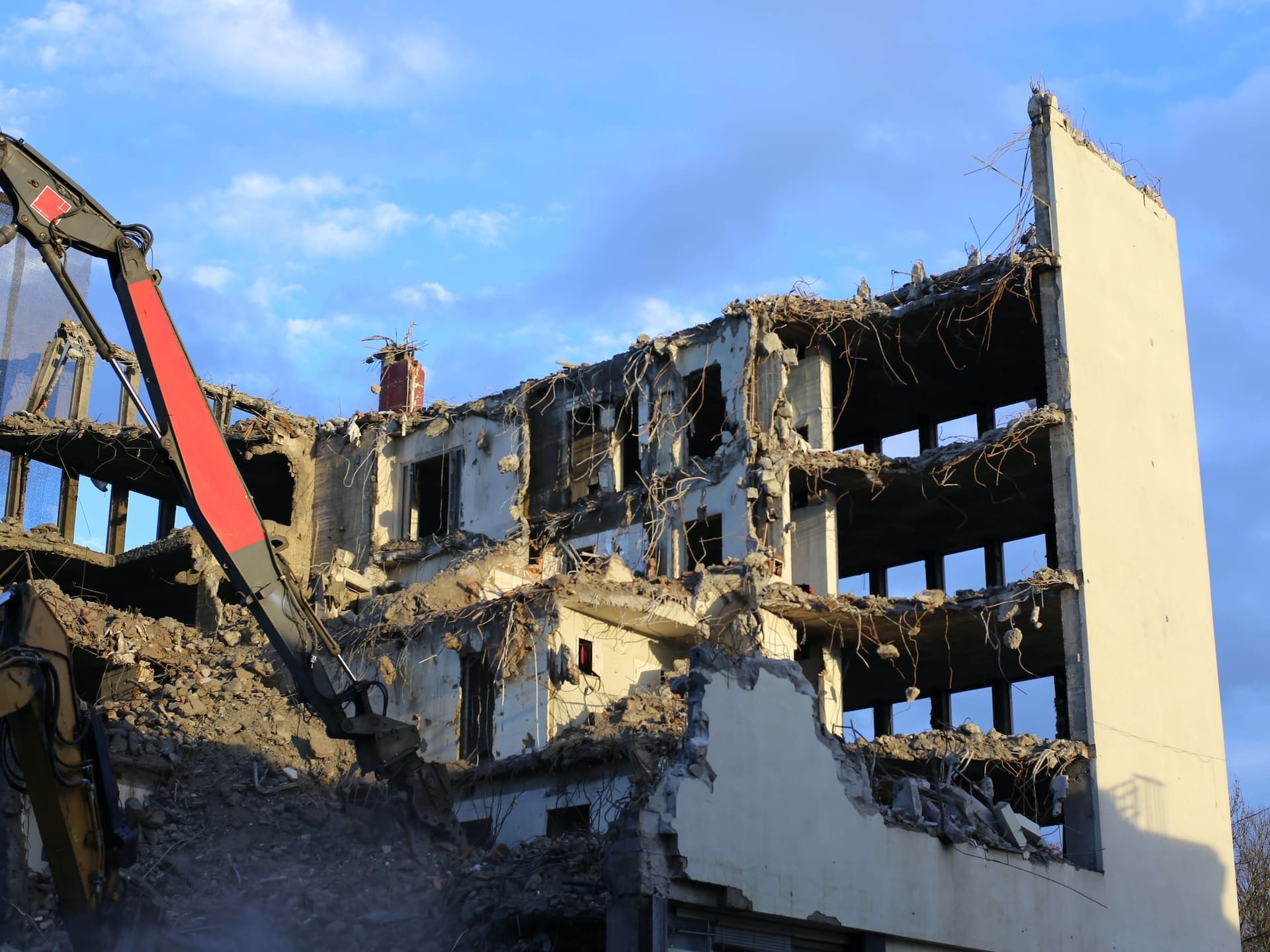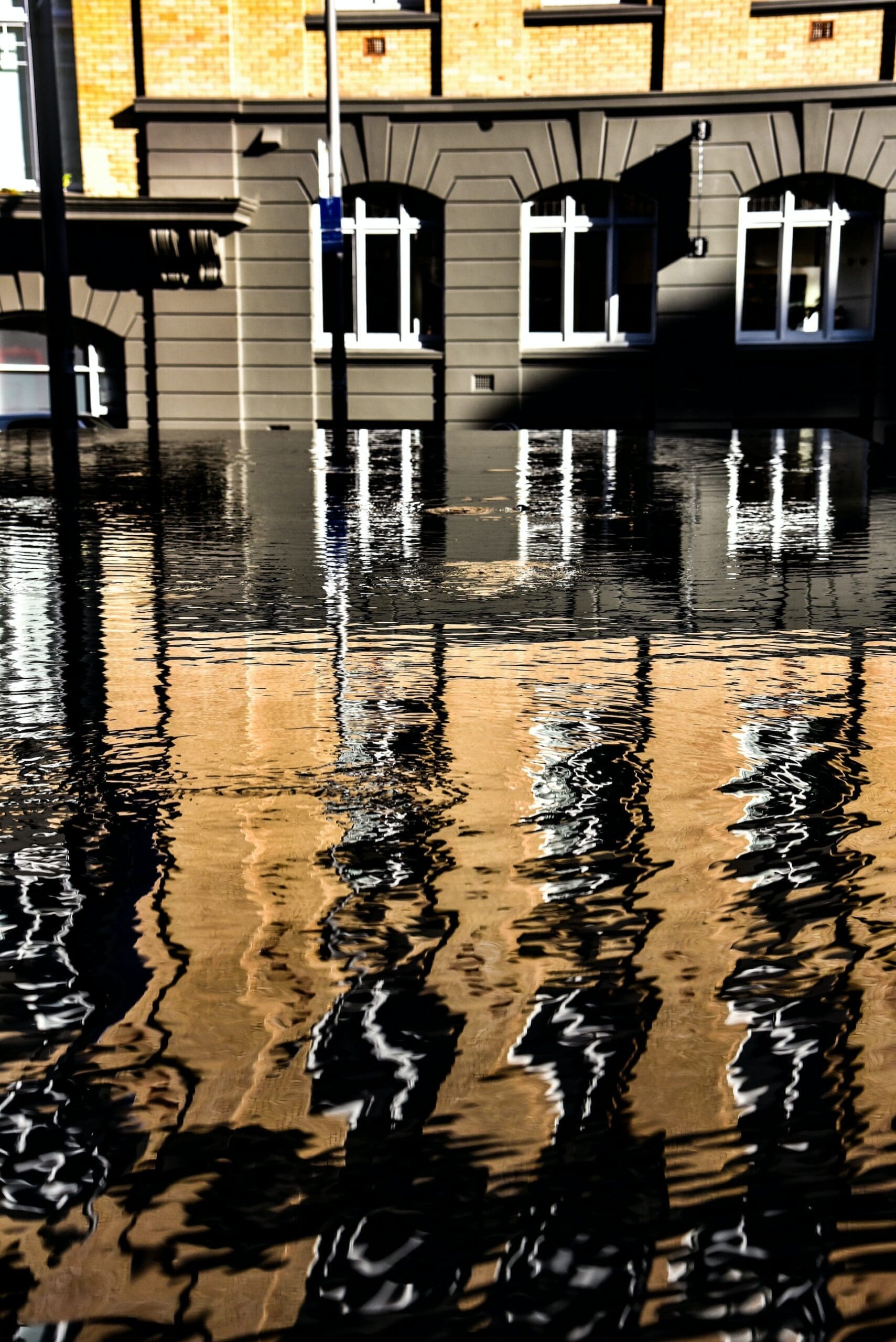Fire damage is a devastating event that can cause a lot of damage to your home or business, not to mention the emotional trauma that can come with it. Fortunately, there are steps that you can take to prevent fire damage from occurring in the first place. Here are some useful tips for home and business owners to follow:
1. Install Smoke Alarms
Smoke alarms are one of the most important tools in preventing fire damage. Make sure that you have working smoke alarms installed in every room of your home or business. Test them regularly and replace the batteries at least once a year. If you have children, it’s important to educate them on the importance of smoke alarms and what they should do when they hear them.
2. Have a Fire Escape Plan
Create a fire escape plan and make sure that everyone in your home or business knows it. Practice the plan regularly so that everyone knows what to do in the event of a fire. A good fire escape plan should include at least two escape routes from every room, and a designated meeting place outside the building. If you have any family members with mobility issues, make sure that your escape plan takes their needs into account.
3. Check Wiring Regularly
Faulty electrical wiring is one of the leading causes of fire damage. Have a professional electrician check the wiring in your home or business regularly to ensure that it is in good condition. If you notice any signs of electrical problems, such as flickering lights or tripping circuit breakers, have them addressed immediately. Do not attempt to fix electrical problems yourself, as this can be dangerous and can cause further damage.
4. Be Careful with Flammable Materials
Be careful with flammable materials such as gasoline, paint, and cleaning solutions. Store them properly and away from heat sources. Use them in a well-ventilated area and avoid smoking while using them. When storing flammable materials, make sure that they are in their original containers and that the containers are tightly sealed. If you spill any flammable materials, clean them up immediately and dispose of them properly.
5. Keep a Fire Extinguisher on Hand
Make sure that you have a fire extinguisher on hand and that you know how to use it. Keep it in an easily accessible location and make sure that everyone in your home or business knows where it is. Different types of fires require different types of extinguishers, so make sure that you have the appropriate type for your needs. If you are unsure, consult with a fire safety professional.
6. Avoid Overloading Electrical Outlets
Do not overload electrical outlets with too many appliances or devices. This can cause the outlets to overheat and potentially start a fire. Use power strips and surge protectors to distribute electrical loads, and make sure that they are not overloaded. If you notice that your electrical outlets are hot to the touch, this may be a sign of an overloaded circuit. Unplug some devices and redistribute the load to prevent a fire.
7. Be Cautious with Candles
Candles can be a nice way to create ambiance, but they can also be a fire hazard. Make sure that candles are placed in a sturdy holder and are not left unattended. Keep candles away from flammable materials such as curtains, bedding, and paper, and keep them out of reach of children and pets. Consider using battery-operated candles instead of traditional candles to reduce the risk of fire.
8. Clean Chimneys and Dryer Vents
Dirty chimneys and dryer vents can cause fires. Have them cleaned regularly to prevent buildup and potential fires. Creosote buildup in chimneys can ignite and cause a chimney fire, while lint buildup in dryer vents can cause the dryer to overheat and potentially start a fire. Have your chimneys and dryer vents cleaned at least once a year by a professional.
9. Keep Flammable Materials Away from Heat Sources
Keep flammable materials such as curtains, furniture, and clothing away from heat sources such as stoves, heaters, and fireplaces. Make sure that your space heaters have automatic shut-off features and are placed on a level surface away from flammable materials. If you have a fireplace, make sure that the chimney is clean and that the damper is open before lighting a fire.
10. Practice Kitchen Safety
The kitchen is a common area where fires can start. Be careful when cooking and never leave a stove unattended. Keep flammable materials away from the stove and oven. Use a timer to remind you to check on food that is cooking, and keep a lid nearby to smother any small fires that may start. If a fire starts in a pan, turn off the heat and cover the pan with a lid or a cookie sheet to smother the flames.
Conclusion
By following these tips, home and business owners can significantly reduce the risk of fire damage. Remember, prevention is key. Don’t wait until it’s too late to take action. Take the necessary steps now to protect your home or business from fire damage today.
As a new home owner, I couldn’t have asked for a better company. Lou and his team made my hard situation an easy and stress…Read More » a month ago via Google Alisha T We recently had major water damage in our home, affecting the entire kitchen, dining room, and basement. Louis from Upper Restoration showed up quickly, assessed…Read More » 2 months ago via Google Cathy Choi We recently sustained some damage to our roof and our central air system due to a storm. Upper Restoration had to open our ceiling to…Read More » 2 months ago via Google Chimere Luke I had the pleasure of working with Upper Restoration and their incredible team during a recent project for my home after a flood, and I…Read More » 8 months ago via Google Lewis James Lirosi


